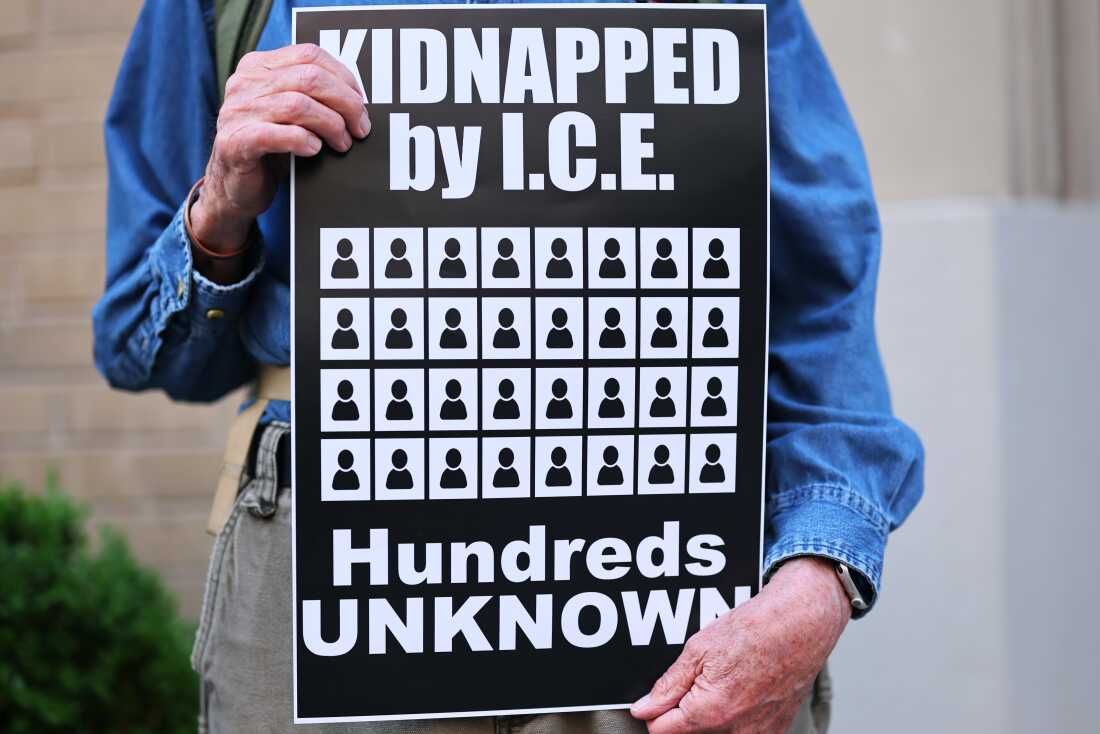The Struggles of VML: A Case of Misguided Immigration Policies

Michael M. Santiago/Getty Images
The story of VML, a two-year-old American citizen, has emerged against the backdrop of stringent immigration policies pursued by the Trump administration. U.S. District Judge Terry Doughty highlighted VML’s deportation, questioning how a U.S. citizen could be removed without due process. This case exemplifies the urgent need to scrutinize and reform such policies to protect the rights of all individuals, especially vulnerable children.
VML’s Case: A Disturbing Timeline
Judge Doughty’s intervention came after learning that VML had been sent to Honduras alongside her mother and sister, despite ongoing legal conversations to clarify her citizenship status. Documentation submitted to the court indicated that the government had acted hastily, raising serious concerns about whether VML’s deportation was lawful. The judge scheduled a hearing for May 16, sensing that “the Government just deported a U.S. citizen.”
Questionable Legal Grounds
During the proceedings, Doughty expressed frustration that the government contended the mother consented to the deportation. He stated, “But the Court doesn’t know that,” underlining the ambiguity and potential manipulation surrounding parental consent—a fragile concept when it comes to immigration law.
VML’s family had been taken into custody during a routine check-in with ICE, which is part of the Intensive Supervision Appearance Program (ISAP), an alternative measure meant for individuals facing deportation. This sudden arrest during a check-in raises questions about communication and due process within ICE, where procedures should ideally ensure that individuals are treated fairly, especially when minors are involved.
The Desperate Search for Clarity
Despite the urgency of the situation, VML’s father faced challenges in securing communication with ICE about his daughter’s whereabouts. He was informed of the family’s detention only an hour after dropping them off. Reports suggest that ICE agents refused to disclose information regarding VML’s location or allow her father meaningful communication with her mother.
As the father attempted to gather information, he was pressured into disclosing his own immigration status. This created a hostile environment during a moment that should have prioritized the emotional well-being of VML and her family.
The Broader Context
VML’s story is far from isolated. It falls within a troubling pattern where hurried immigration proceedings often disregard individual circumstances, particularly families where children may mistakenly be categorized as deportable. Last month, Kilmar Abrego Garcia, another individual trapped in a similarly chaotic system, was deported to El Salvador due to what he described as an “administrative error.”
ICE’s treatment of VML and similar cases poses serious questions about the legitimacy and ethical stance of policies that facilitate tearful family separations and lead to potential injustices against U.S. citizens.
Defense from the Department of Homeland Security
In response to the unfolding situation, the Department of Homeland Security (DHS) defended its actions by stating that the deportation of minors alongside their parents is common practice. The DHS emphasized that parents often wish for their children to accompany them during deportation. Yet, this rationale raises vital questions about the interpretation of parental consent and the welfare of children in such precarious situations.
Importantly, the lack of clarity regarding the parental agreement to deport VML highlights the systemic flaws within immigration processes. This incident compels us to examine whether current laws adequately protect the rights of U.S. citizen children irrespective of their parents’ status.
Moving Forward: The Need for Reform
As VML’s case unfolds, it is crucial to continue advocating for immigration reform that ensures fair treatment and due process for all individuals, particularly children. The implications of such policies extend beyond legal terms; they resonate on emotional and psychological levels, affecting the fabric of families and communities.
Looking ahead, this story serves as a focal point for broader discussions surrounding immigration policy and human rights, urging advocates, lawmakers, and citizens alike to seek humane solutions and safeguard the rights of the vulnerable.




